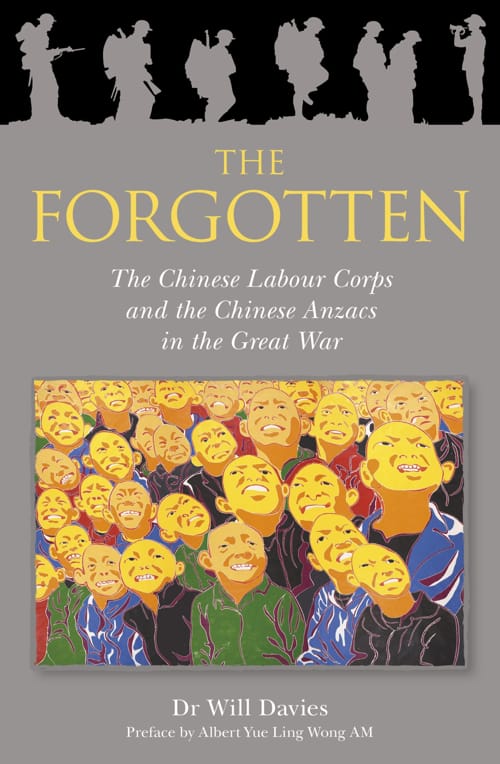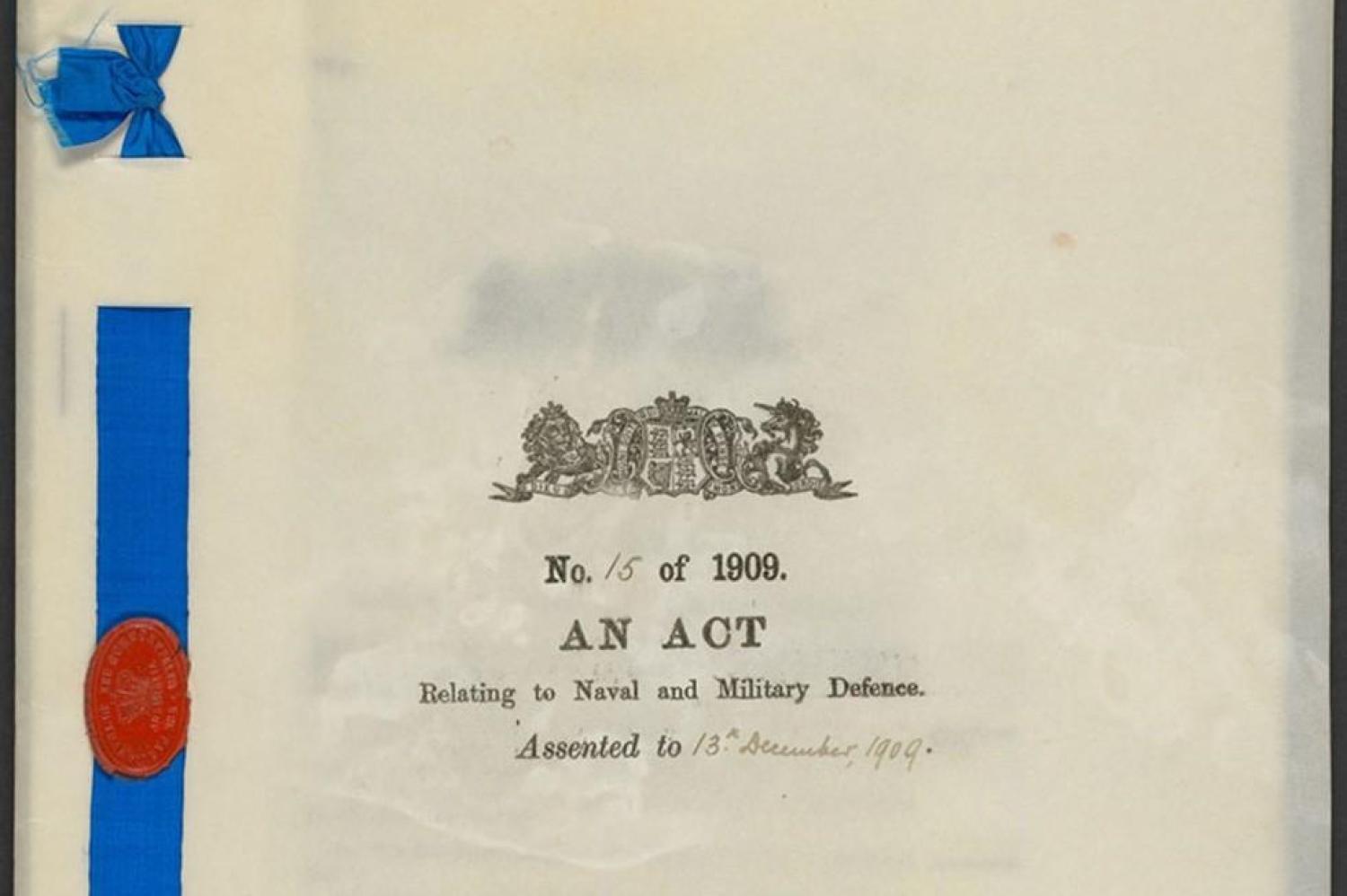After Australia’s Prime Minister Anthony Albanese shook hands with China’s President Xi Jinping in Beijing this month, much was made of Gough Whitlam’s historic visit to China in 1972 to meet Chairman Mao. Back then, China’s links with the West were far more tenuous and the problems seemingly insurmountable, even allowing for the most recent row surrounding the sonar pulse from a Chinese warship that injured Australian navy divers.
That history with Whitlam is often regarded as a beginning for Australia-China ties – and it was, with the Chinese Communist Party government. But China’s connections with Australia and with the broader West stretch back much further, and the experience since the late 1800s was not good.
Forced trading concessions, military actions, the import of opium, Christian missionaries linger in the Chinese consciousness. Over this time, the Chinese resisted wherever and as best as they could, but Western military might humbled their efforts and advanced the non-Chinese cause.
And unlike Japan, which embraced Western industrial and military technology, China baulked at change, preferring instead the Confucian way of life and beliefs. For example, the Qing court believed that railways were “clever but useless” and for a time, their construction was banned. Hesitancy, indecision, indifference and a lack of vision stifled the decisive reforms that were needed at the time.
When the First World War broke out in 1914, China was seriously divided and confused as to how to proceed and which side to support. It had no love of the British or French, nor the Germans who had expanded their naval port at Tsingtao (Qingdao). Not wanting to offend the Germans by committing troops, the allies, including their main enemy Japan, still seemed the likely winners.
Two years into the increasingly static war and the attrition rate for both the allies and the Germans was high, and defeat it seemed would come to the side that ran out of personnel first. Here was China’s chance, desperate for international status and recognition and a way to engage in the conflict – offer the allies labourers and remain neutral.
This offer to France and Britain was quickly taken up. To maintain this semblance of neutrality, Chinese labourers were not provided directly by the Chinese government, but hired by French and British contractors on three conditions. First, these men could not be used for combat duties; second, they would receive the same rights and conditions as allied labourers; and third, the Chinese government reserved the right to send observers to ensure the men’s rights and freedoms were respected.

And so, about 160,000 Chinese men found themselves in France as the Chinese Labour Corps, working beside the French and British armies, digging trenches, unloading ships and trains and providing manpower, allowing the allies to free up men to strengthen their armies. When the war ended, these Chinese coolies were sent home with little fanfare or thanks, their contribution and sacrifice all but forgotten and certainly forgotten today by the current Chinese regime.
In a similar forgotten way, some 350 Australian-Chinese men enlisted in the Australian Imperial Force , as the country’s main expeditionary army was known, and saw action in the First World War. Many were recognised for their bravery and many died, but like the men of the Chinese Labour Corps, they too are forgotten. Given the indignity, the persecution and violence perpetrated upon Chinese migrants in Australia, in particular during and after the goldrushes in the 1800s, it is small wonder any felt inclined to fight and die for the country.
Does any of this mean anything to Xi? Likely not. But for the Australian Prime Minister, the historic links and shared history must not be forgotten. The first Chinese resident of Australia, Mak Sai Ying, also known as John Shying, arrived in February 1818, paving the way for the 1.4 million Chinese residents today, more than five per cent of the nation’s population.
China is renowned for planning a long way ahead and speaks of a long memory, too, of those days of interference and disappointment, of exploitation and war from those nations from the past who owe a lingering debt. So, perhaps for Australia in engaging with China, an emphasis should be put on remembering shared history and sacrifice, alongside the benefits of trade and the Chinese-Australian community. All are worthy of mutual respect and appreciation.
Dr Will Davies is author of The Forgotten: The Chinese Labour Corps and the Chinese Anzacs in the Great War, (Wilkinson Publishing, 2020).

